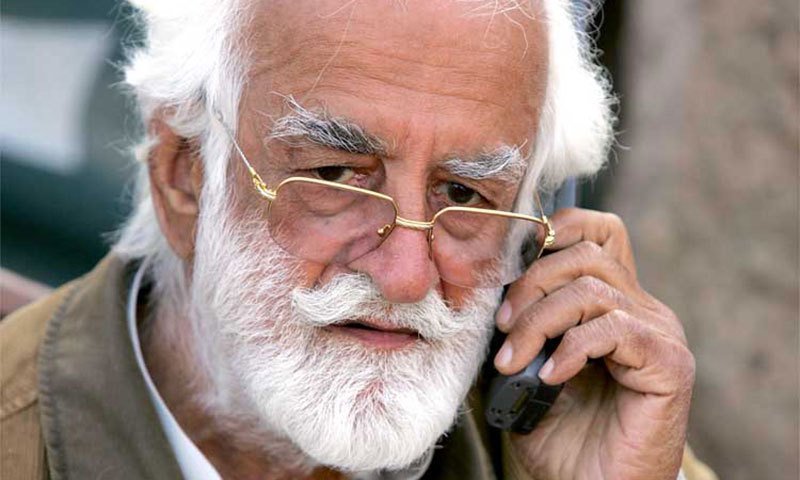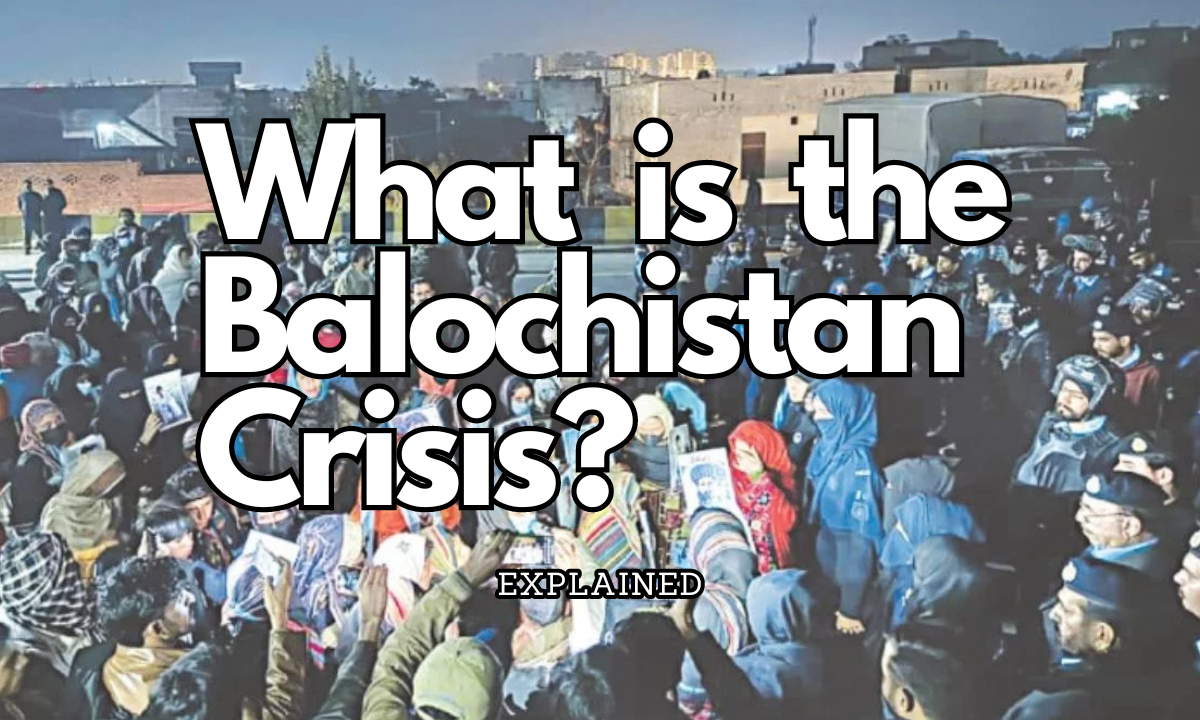Balochistan issue and conflict root causes in Pakistan
The crisis in Balochistan is no longer a low-level revolt issue but has emerged as a major national issue for Pakistan. The dispute in the Balochistan province is an ongoing conflict between the people of Balochistan and the government of Pakistan since 1948.
Pakistan has been continuously facing revolt and resistance from the Balochi people after its independence. The main reasons for this dispute lie in different factors including unstable politics and many others. The following part of the article will cover all these reasons for the Balochistan crisis in Pakistan
Unstable Politics and Ethnicity
The Baloch people have never received the representation they require in politics and the military. They have a very low quota for political representation.
Baloch people were sometimes unable to complete their tenure in the Balochistan Provincial Council due to the discriminatory policy of the federal government.
This worsened the ethnic tensions in Balochistan which triggered the separatist movement and Independence of Balochistan from Pakistan.

Unfair Resources Distribution
One of the major sources of Balochistan issue is the unfair distribution of resources among provinces. The province of Balochistan’s resources include gas, which is utilized to generate electricity for the whole of Pakistan.
While people of Balochistan are suffering from basic living standards including electricity, clean drinking water, gas, etc. The resources from Balochistan are being utilized for the welfare of other provinces rather than its own, particularly Punjab.
This has caused a sense of hatred among the Baloch people when they witness the privileged province of Punjab based on their land’s resources. It has also created a large level of ethnic difference between Baloch people and other citizens of Pakistan.
Enforced Disappearances
Another main reason is the enforced disappearances and extrajudicial killings of Baloch people by Pakistani security forces. According to several reports, about 8000 people were abducted by security agents between 2003 and 2008.
Dead bodies of abducted Baloch were discovered with torture-related physical evidence such as burn marks, shattered limbs, nails torn out, and drill holes in the head.

Human Rights
Balochistan has compromised human rights comparatively to other provinces in almost every walk of life. Baloch has a lower level of literacy, access to sanitation, mortality rate, electricity and gas, and access to safe drinking water than the rest of Pakistan. It has resulted in a disharmonious relationship of Balochis with other citizens of Pakistan.
Extremist Organisations and the Killing of Akbar Bugti
The Islamic extremist groups such as Al Qaeda, Quetta Shura e Taliban, and Tehreek Taliban are active in Balochistan. The activities of these groups have further intensified the conflict situation.
The assassination of the main Balochistan leader Nawab Akbar Bughti in 2006 also worsened the rebellion move. His death triggered the most violent cycle of rebellion in Balochistan. Nawad Akbar was also the Governor of Balochistan who advocated the rights of Baloch at the federal level.
Bugti’s tragedy forced Balochistan to make a decision. It changed the province’s political and security landscape. The intense revolt began in the rough, mountainous territory of Dera Bugti and Sui. It spread to most Baloch districts, including the Makran Division, which had not been actively involved in previous insurgency efforts.

Education
Education is another important aspect of the Balochistan conflict. The Balochis claim that their right to an education is being violated. Baloch nationals believe the Pakistani government is failing to fulfill its responsibilities in terms of education and not enough acts are being done to improve educational institutions.

Click here to read the updates on the bomb Blast in Mustang Balochistan
Foreign Conspiracy
The anti-Pakistan agents are also adding fuel to worsening the Balochistan conflict and funding the separatist movement of Balochistan.
On several occasions, the Pakistani government has accused India and its secret agency RAW of helping the Balochistan movement to destabilize Pakistan. However, India has denied these allegations.
The Balochistan issue and conflict have been ongoing for a long time since its independence which is extremely complex. The core reasons are both historical and political. Aside from this, social issues like ethnicity have also played an important role in conflict.
However, the major problems associated with the Balochistan crisis include the lack of representation of Baloch at the decision-making level and the low quota for political representation.
Read More:
- Former journalist Syed Abdullah Hassan died in Karachi at 40
- Pakistanis can now travel from Pakistan to China through a bus
- Pakistani man arrested in New York in alleged plan to kill Jewish people
- Pervaiz Musharraf’s family property auctioned for INR 1.38 Crore in UP
- FBR announced tax card for salaried employees. Here all you need to know
- LHC ordered removal of Lt. General Munir Afsar as NADRA Chairman
Share this content:










Post Comment